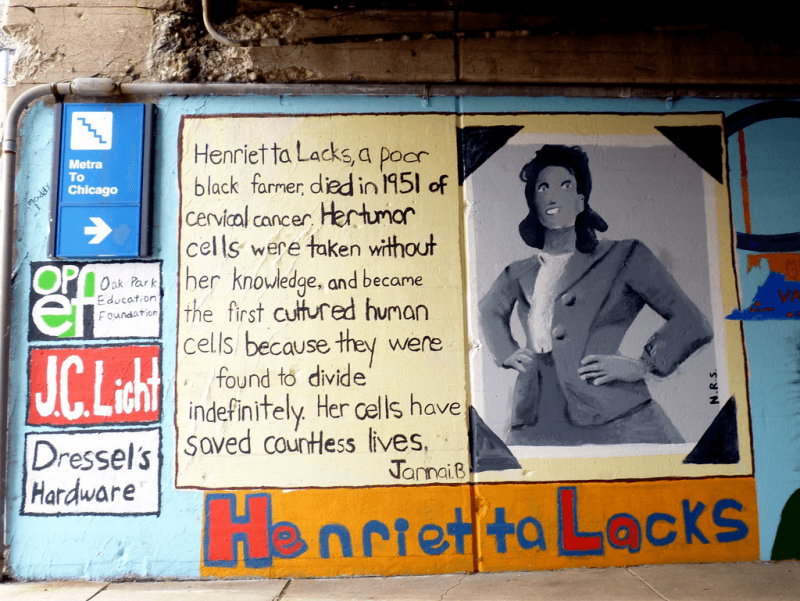Henrietta Lacks, a Black mother of five, was dying of cervical cancer in 1951, when doctors at Johns Hopkins Hospital in Baltimore took a sample of her cells without her knowledge or consent.
The invasive procedure led to a revolutionary discovery: Her cells were the first to reproduce in a laboratory, which no human cells had done before, allowing researchers to develop vaccines for polio and the coronavirus and treatments for disease including cancer, Parkinson’s and the flu.
But it would be more than two decades before her family knew that the cells were fueling research in laboratories all over the world, and even in space, creating an unparalleled medical legacy.
On [August 1], which would have been Ms. Lacks’s 103rd birthday, some of her descendants gathered at a news conference after reaching a settlement with a biotechnology company that they had accused in a lawsuit of profiting from the cell line named for her, HeLa.
The family’s lawsuit, which was filed in U.S. District Court in Maryland in October 2021, accused the company, Thermo Fisher Scientific, of selling the cells and trying to secure intellectual property rights on the products the cells had helped develop without compensating the family or seeking their permission or approval.
The terms of the settlement are confidential, lawyers for both parties said in a statement.































